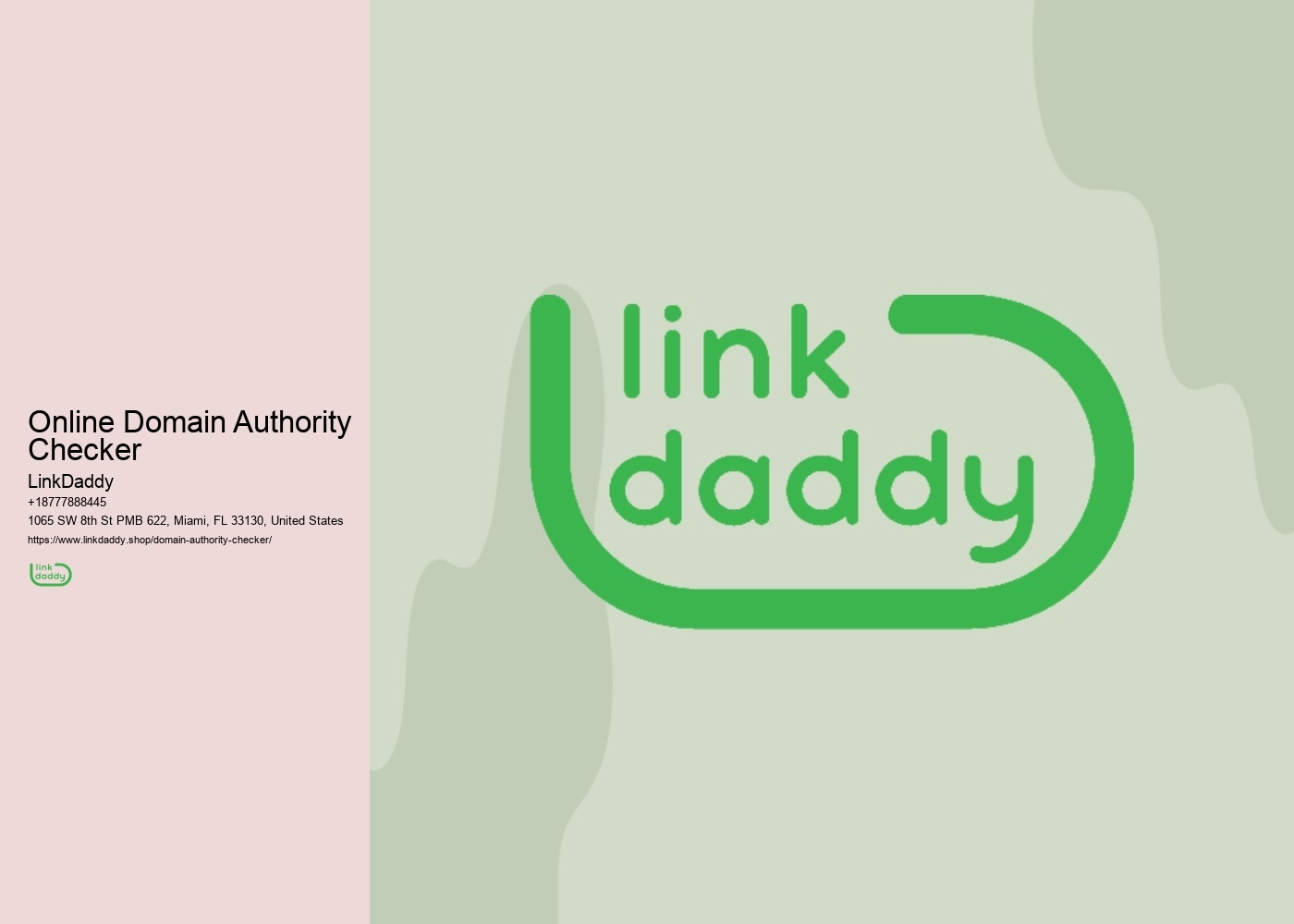Cloud Services Press Release: Latest Updates and Insights
Wiki Article
Recognizing the Different Kinds of Cloud Services and Their Uses
In today's electronic landscape, the world of cloud computing supplies a diverse variety of services that deal with the requirements of businesses and individuals alike. From Framework as a Service (IaaS) to Software Application as a Solution (SaaS), each kind of cloud service serves a special objective and provides distinct advantages. Comprehending the differences between these different cloud designs is critical for optimizing procedures, boosting scalability, and ensuring cost-efficiency in an increasingly interconnected world. By checking out the nuanced performances and applications of each cloud solution, one can browse the complexities of cloud computing with accuracy and insight.Facilities as a Solution (IaaS)
Facilities as a Service (IaaS) provides users with virtualized computing resources online on a pay-as-you-go basis. This cloud computing version delivers important IT infrastructure such as virtual devices, storage space, and networking without the need for companies to purchase and handle physical servers and information facilities. With IaaS, customers can scale sources up or down based on their requirements, offering flexibility and cost-efficiency.One of the vital benefits of IaaS is its ability to rapidly provision and deploy infrastructure parts, enabling businesses to react rapidly to changing demands and market problems. By outsourcing infrastructure monitoring to the solution supplier, organizations can focus more on their core organization activities as opposed to dealing with the complexities of equipment upkeep and upgrades.
Furthermore, IaaS supplies a high degree of dependability and protection, with service providers typically using robust data back-up, catastrophe recuperation, and cybersecurity procedures. This helps make sure that crucial organization procedures remain nonstop and data stays protected against possible risks. universal cloud Service. In general, Facilities as a Solution improves IT procedures, enhances scalability, and minimizes capital expenses for organizations of all sizes
System as a Solution (PaaS)
Structure upon the structure of Framework as a Solution (IaaS), System as a Solution (PaaS) supplies a detailed atmosphere for designers to create, deploy, and manage applications without the complexities of underlying infrastructure monitoring. PaaS provides a platform with devices and solutions that simplify the growth process, enabling designers to concentrate on composing code and building applications instead of taking care of facilities concerns.

Software Application as a Solution (SaaS)
Software as a Solution (SaaS) revolutionizes the means businesses accessibility and use software program applications by offering them on a registration basis with cloud companies. This cloud computing version eliminates the requirement for companies to set up and keep software on private tools, as whatever is organized and managed centrally in the cloud.SaaS offers a cost-effective remedy for services as they just pay for the software program they make use of without the added costs of hardware maintenance or software program updates. It additionally provides scalability, enabling business to conveniently readjust their software application requirements based upon their demands.
Moreover, SaaS applications can be accessed from any gadget with a web connection, advertising cooperation and adaptability amongst remote groups. Safety and security is a top priority in SaaS, with providers executing robust procedures to secure information saved in the cloud.
Popular instances of SaaS consist of customer partnership monitoring (CRM) software like Salesforce, productivity devices like Microsoft Workplace 365, and collaboration systems like Google Work space. SaaS proceeds to obtain grip in business globe as a result of its scalability, ease, and cost-efficiency.
Feature as a Service (FaaS)
With the evolution of cloud services like Software as a Service (SaaS) streamlining software distribution, Feature as a Service (FaaS) represents a standard change in just how code is implemented in a serverless setting. FaaS enables developers to create and implement private features or pieces of code in reaction to specific occasions without the requirement to manage the infrastructure. This serverless computer design enables programmers to concentrate entirely on writing code to carry out particular performances, without concerning themselves with the underlying infrastructure or web server management.Among the crucial advantages of FaaS is its capacity to scale instantly based on the inbound workload. Functions are performed in stateless containers that are spun up and down as required, guaranteeing optimal resource utilization and cost-effectiveness. FaaS is especially helpful for event-driven and microservices styles, where code execution is see this here triggered by events such as HTTP demands or database updates. By extracting the infrastructure layer, FaaS simplifies advancement, accelerates time to market, and improves total agility in releasing cloud-native applications.
Storage Space as a Solution (STaaS)
A fundamental element in cloud computing, Storage space as a Service (STaaS) offers customers look at here now with a reliable and scalable solution for managing data storage demands. STaaS permits organizations to keep and fetch data from remote servers using the web, removing the need for on-premises hardware. This service uses adaptability by enabling users to pay just for the storage space they make use of, making it a cost-efficient service for companies of all dimensions.
STaaS is especially helpful for services with fluctuating storage needs, as it gives a trusted and safe storage service without the demand for substantial in advance investments. By leveraging STaaS, companies can improve their data monitoring processes, boost access, and improve data protection in an inexpensive way.

Final Thought
In final thought, recognizing the various types of cloud services and their usages is crucial for businesses and individuals looking to utilize the advantages of cloud computer. By using the appropriate cloud solution, companies can enhance their efficiency, scalability, and versatility in managing their IT facilities and applications.From Facilities as a Solution (IaaS) to Software as a Service (SaaS), each type of cloud service serves a distinct function and offers unique advantages. linkdaddy cloud services. By exploring the nuanced functionalities and applications of each cloud service, one can navigate the complexities of cloud computer with accuracy and insight
With the advancement of cloud solutions like Software program as a Solution (SaaS) enhancing software application shipment, Function as a Service (FaaS) stands for a standard shift in exactly how code is carried out in a serverless atmosphere.In final thought, comprehending the different kinds of cloud solutions and their uses is vital for companies and individuals looking to utilize the advantages of cloud computing. By using the right cloud solution, companies can improve their effectiveness, scalability, and flexibility YOURURL.com in handling their IT facilities and applications.
Report this wiki page